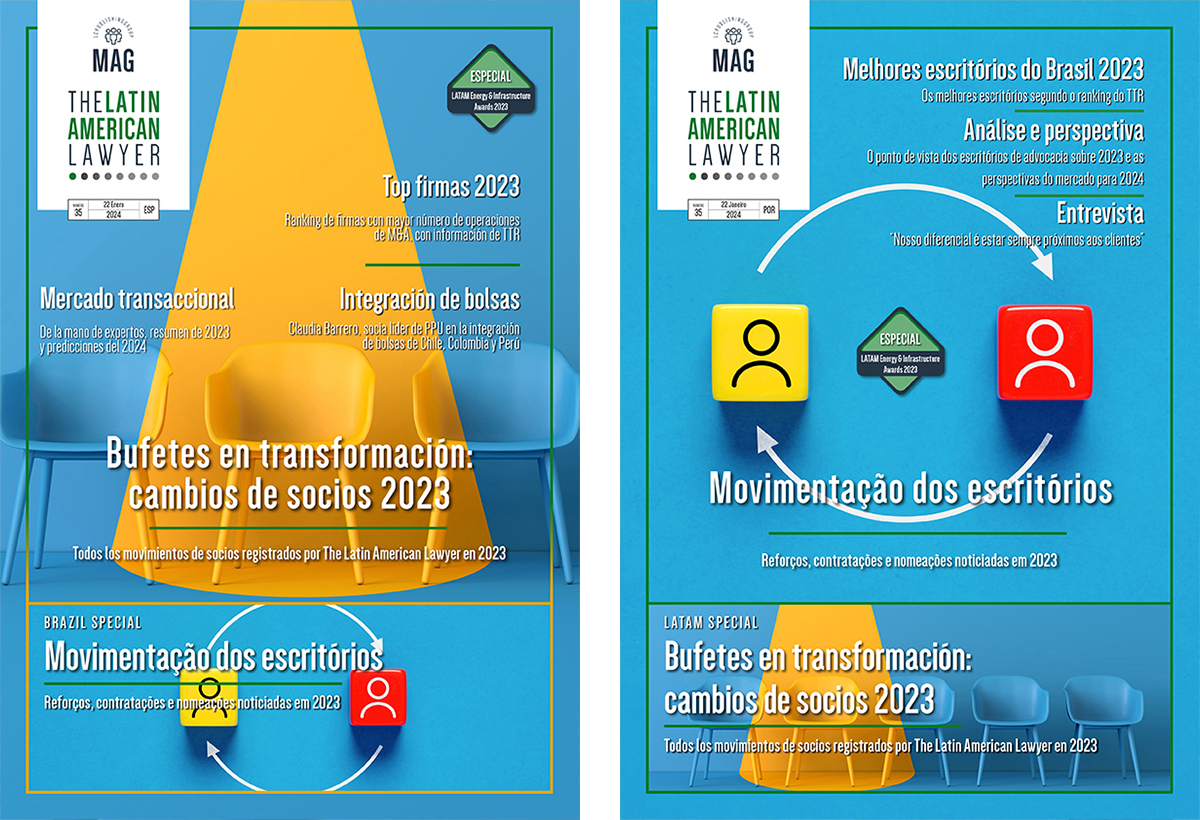Businesses re-thinking asset protection strategies due to ‘perfect storm’ of regulatory, economic and political uncertainty
Tax authorities in many countries are becoming more proactive, with the result that enforcement related to global tax issues is on the rise
Addressing the “perfect storm” of changing regulations, demands for transparency, changing economic cycles and political uncertainty can force businesses to reconsider their strategies for protecting assets, attendees at a recent event held in Miami.
The expert panel at the Greenspoon Marder Wealth Management Forum – held in cooperation with The Latin American Lawyer – included Carl H Linder, partner at Greenspoon Marder, Christopher J Galuppo, Director and international tax practice leader at Daszkal Bolton, Joaquin Quirante, CEO at Four Trees Merchant Partners and Patricia L Gannon, partner at Greenspoon Marder.
With regard to the US, Linder said more of the Internal Revenue Service’s resources were being used to focus on family offices with large foreign investments, with transparency being a “key tax compliance requirement”. This is becoming increasingly common around the world as tax authorities review international business transactions and their associated tax structures, event participants were told.
Experts agree that tax authorities in many countries are becoming more proactive, with the result that enforcement related to global tax issues is on the rise. This has a direct impact on businesses as compliance-related paperwork can have the effect of delaying transactions, participants said. However, Linder claimed that the US is “still the number one asset protection country in the world for global investors”. Companies realise that regulations are now stricter but there are doubts as to whether enforcement and investigation of transactions is effective. Meanwhile, Galuppo said tax agencies are now “very proactive in investigating foreign investment and money laundering”. He added: “The US tax authorities are requiring transparency as additional reporting requirements – and the penalties for failing to comply can be substantial.”
Companies realise that regulations are now stricter but there are doubts as to whether enforcement and investigation of transactions is effective. Meanwhile, Galuppo said tax agencies are now “very proactive in investigating foreign investment and money laundering”. He added: “The US tax authorities are requiring transparency as additional reporting requirements – and the penalties for failing to comply can be substantial.”
‘Alternative citizenship’
Investors around the world, and in particular those in Latin America, are looking for alternative assets and “critical mass”, attendees heard. According to Quirante, many investors are “looking for a window to buy assets in the US in sectors such as energy, technology or real estate – the issue is that to manage those assets in the long term, it is important to be in the US”. With the need to diversify investment portfolios, as well as an increased emphasis on financial and personal security, high net-worth individuals (HNWIs) and family offices are exploring alternative “citizenship options”.














